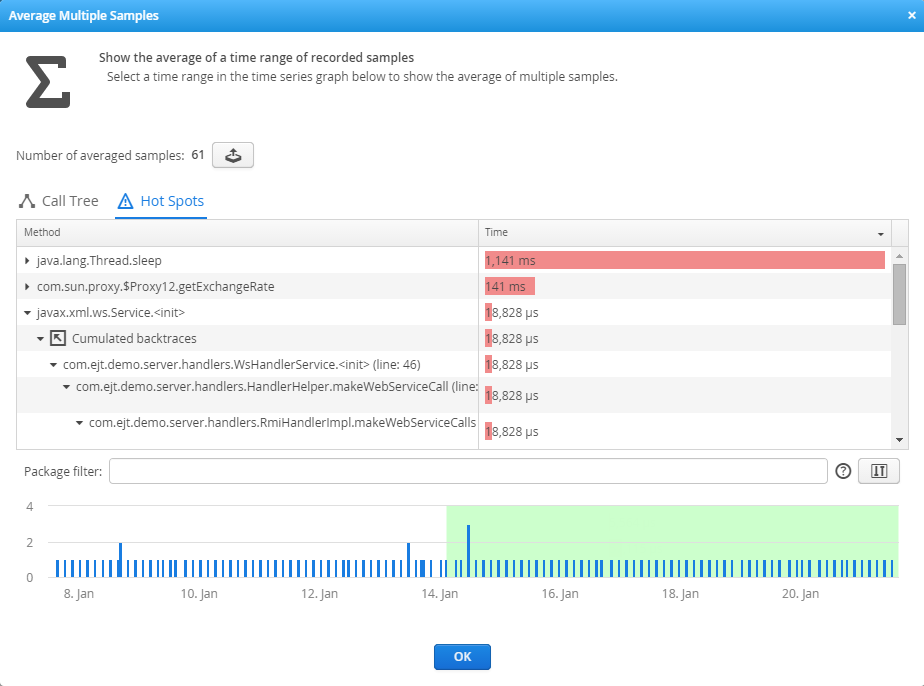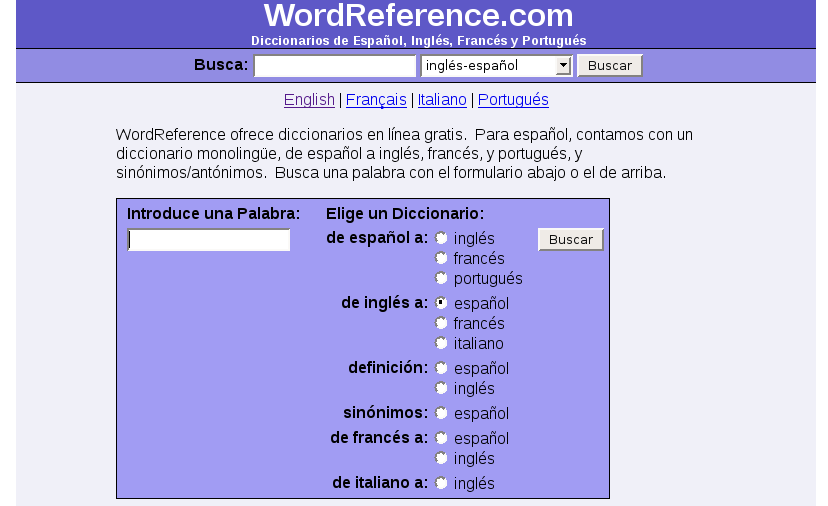
You seem very suitable for this position.Ĭaption 52, Italiano commerciale - Colloquio di lavoro Play Caption Ottime notizie (great news)! But the Italian word for “suitable” isn’t so easy to guess.īe' Arianna, Lei mi sembra che sia proprio adatta a questo posto. It turns out that her potential employer thinks she would be very suitable for the job. This week, Arianna has her job interview for a marketing position.
Perfino oggi wordreference free#
Thanks for reading, keep up the good work, and feel free to write to us your comments and questions. But since language is fluid and ever-changing - not by law and imposition, but by common use - this could change. Lei has entered Italian vocabulary and grammar books as the official personal pronoun for addressing someone formally. If you are an adult and go on a trip to Naples, Sicily or other southern Italian destination, you may very well be addressed as Voi. So, it simply remained, and to this day it’s still used as a sign of respect, especially in families: a nipotino (grandson) in speaking to his nonno (grandfather), for example. In much of southern Italy, however, Voi, as a deferential form of address, had never gone out of fashion, as it had in the north. After the fall of fascism, Voi fell into disuse in many parts of Italy, where it had not really had time to be assimilated. Thus, Voi was revived and/or imposed all over Italy. Parole straniere bandite e sostituite per legge.įoreign words banned and replaced by law.Ĭaptions 6-9, Me Ne Frego - Il Fascismo e la lingua italiana Play Caption So, though not actually foreign (but believed to be, at least, partially), Lei was banned by Mussolini as being a non-Italian word: Many consider that the use of Lei came into use following the model of the Spanish, whose presence was felt in Italy during the 16th Century. Lei was used alongside Voi for centuries as a deferential form of address, with tu as a familiar and intimate one. The words used for prominent figures, like Eccellenza (Excellence) and Maestà (Majesty) are feminine nouns, and so, this led to a feminine pronoun: Lei. Lei corresponds to the third person feminine singular (she/her).

Later, in the Renaissance, with the return to studying the Greek and Roman classics, there was a tendency to go back to the “Roman” tu.Īlso in the Renaissance, Lei began to be used in offices and courts as a polite form of address. “Vos” then became Voi in Italian, and was commonly used from the 1200’s to the 1400’s for addressing artists, nobility, etc. In ancient Rome, people used only the familiar form, “tu” which later became the Italian tu (you, singular).Īt a certain point, around the year 300, the Latin “Vos” ("you" plural used as a singular) began to be used with important figures such as emperors, much the same way as the pluralis majestatis was used.

The story is a long, complicated, and fascinating one, but here are the basics. It uses the same conjugation as voi (you plural). What we’re discussing here, however, is the use of Voi - with a capital letter - as a second person singular, polite form.

Let’s clarify, right away, that voi with a lowercase “v” is the second person plural personal pronoun, that is, “you” plural. But what’s this all about? voi and Voi: What's the difference? In a recent documentary about how the Italian language was influenced by Italian fascism, we learn that Lei, the polite form of “you” (singular), was actually banned from the language by Mussolini, and that the form Voi was imposed. BANNER PLACEHOLDER Lei, Voi, and tu all mean "you!"

English doesn’t make the distinction - as far as pronouns go - between familiar and polite forms, but many languages do.


 0 kommentar(er)
0 kommentar(er)
